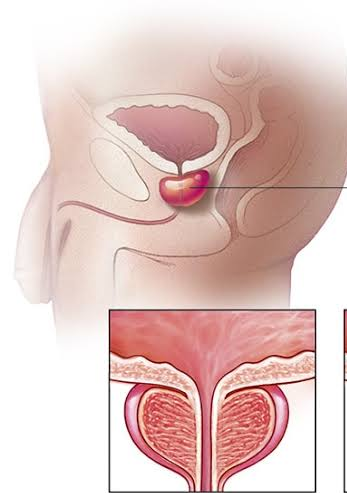+918048400823

This is your website preview.
Currently it only shows your basic business info. Start adding relevant business details such as description, images and products or services to gain your customers attention by using Boost 360 android app / iOS App / web portal.
Preventing recurrent urinary tract infections (UTI...

Preventing recurrent urinary tract infections (UTIs) typically involves several steps: Stay Hydrated: Drink plenty of water to help flush out bacteria from your urinary tract. Practice Good Hygiene: Always wipe from front to back after using the bathroom, and urinate after intercourse to help flush out bacteria. Urinate Frequently: Don't hold urine for long periods; empty your bladder regularly to prevent bacterial buildup. Avoid Irritants: Reduce consumption of caffeine, alcohol, spicy foods, and artificial sweeteners, which can irritate the bladder. Maintain Good Bathroom Habits: Avoid using irritating feminine hygiene products, and opt for gentle, fragrance-free soaps. Wear Breathable Clothing: Choose breathable cotton underwear and avoid tight-fitting clothing to prevent moisture buildup. Cranberry Products: Some evidence suggests that cranberry juice or supplements may help prevent UTIs by preventing bacteria from sticking to the bladder wall. Probiotics: Probiotics containing lactobacillus may help restore the balance of bacteria in the urinary tract, reducing the risk of infection. Medical Evaluation: If you're prone to recurrent UTIs, consult a healthcare professional for further evaluation and potential preventive measures, such as low-dose antibiotics or vaginal estrogen therapy for postmenopausal women. Follow Treatment Plans: If you're prescribed antibiotics for a UTI, make sure to complete the full course of treatment as directed by your healthcare provider. Consideration of Alternative Therapies: Some individuals explore alternative therapies like acupuncture or herbal remedies, but it's essential to consult with a healthcare professional before trying these approaches. By following these steps and maintaining good urinary tract health, you can help reduce the frequency of recurrent UTIs.

